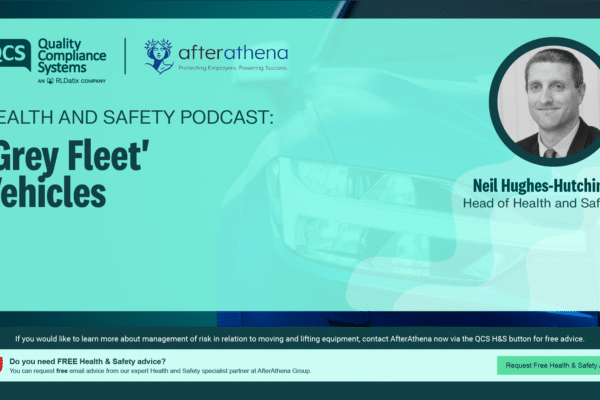
Medication is a valuable tool in social and health care. Used properly, it can solve or minimise acute or longer-term health problems. However, if it is wrongly prescribed, monitored or managed it can produce further health problems. There is very good guidance on medication in social care from the Royal Pharmaceutical Society and from the Care Inspectorate.
Each of these agencies emphasises the importance of monitoring and regularly reviewing the effectiveness of medication, particularly where longer-term medicines are repeatedly prescribed. These medicines may be provided and administered by specialist community nurses from primary care, or, otherwise, should be subject to regular review for their effectiveness. The review can be carried out by a GP, a pharmacist or a registered nurse from the primary care organisation.
Medicine Reviews
A medicine review will be of the person’s overall medicines and should be carried out regularly and recorded, as with any significant care measure. One important consideration is to be alert to any possible side-effects of medicines or from their interactions. Care workers themselves should, as part of their training, be made aware of these dangers, and of the need to report and record them.
Multiple Medications
Recent research was carried out on this by the Leicester Diabetes Centre, from the University of Leicester. Reported on Carehome.co.uk, and by BMJ Open, the researchers found that regularly taking five different medications increased the risk of falls.
The study involved 5,000 people over the age of sixty. Researchers found that over two years, for people using five or more medicines the chance of having a fall was 21% higher compared to those who take fewer medicines.
The study found thirty-five percent of those who took more than five treatments said they had had a fall within two years.
Dr Nafeesa Dhalwani, at the University of Leicester, who led the study, said: “Our work has important clinical implications, as falls are the fifth leading cause of death in elderly adults and account for more than 80 percent of injury-related admissions to hospital in this population. Therefore, a multidisciplinary approach is required to optimise drug treatments in the elderly and minimise harm.”
Minimising These Dangers
Unnecessary prescribing, change of GP, over-prescribing, or failure to discontinue medication when the problem has been solved, can all contribute to the danger highlighted. I believe regular formal reviews of medication is best practice procedure and should help to identify any issues with medication.
When I first began working with older people, I was surprised to see some people had a long list of medicines. In some cases, the medicine appeared to be administered to counter the effects of another. We initiated medicine reviews, where these had not been carried out, and it was helpful to people who often noticed a difference when the medicine load was decreased.
Lessons for Care Services
Providers and care workers need to do as much as they can to reduce over-prescribing and the need for multiple medicines. As the research found, there are clear dangers to health: having a fall for an older person can mean a hip fracture or other injury, which at best will need a hospital stay, or maybe something from which they cannot recover.
Staff training is vital, as is best practice in regular medicine reviews. Other factors will assist also: encouraging a healthy lifestyle with activity, social interaction and sensible eating. These may reduce or prevent health problems and the need for ever more medication. Effective health support can then be aimed at where people are encouraged to take as much responsibility for their own well-being as possible.





